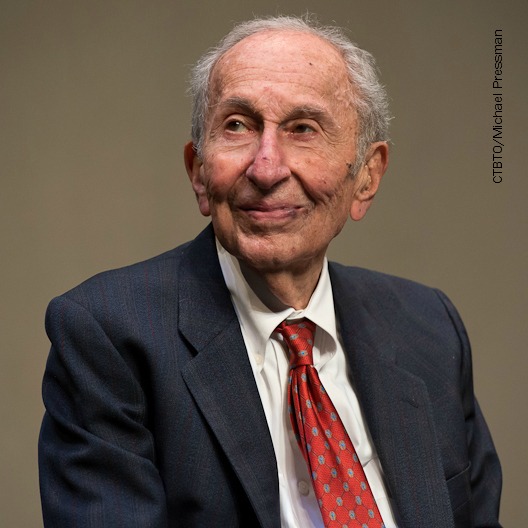Commission Co-Chairman Christopher H. Smith presided over this hearing that discussed the rights of the Romani population in Europe. While ostensibly of Central and Eastern European descent, Romani, or Roma, individuals have existed in almost every European state. The Roma consist of a dispersed minority that, at the time of this hearing, was the fastest growing European population, numbering between 8 million and 10 million people. Unfortunately, their numbers did not protect the Roma from being the only population whose situation had actually worsened since the fall of Communism.
From the first signs of anti-Romani discrimination in Romania to the dissolution of the Czechoslovak Federation in January of 1994, the reasons to justify holding this hearing to discuss the plight of the Romani were many. At this hearing, besides Commissioner Chris Smith, were Commission Chairman Steny Hoyer, and witnesses James Goldston of the European Roma Rights Center, Livia Plaks of the Project on Ethnic Relations, and Drs. David Crowe and Ian Hancock, professors at Elon and the University of Texas-Austin, respectively.







